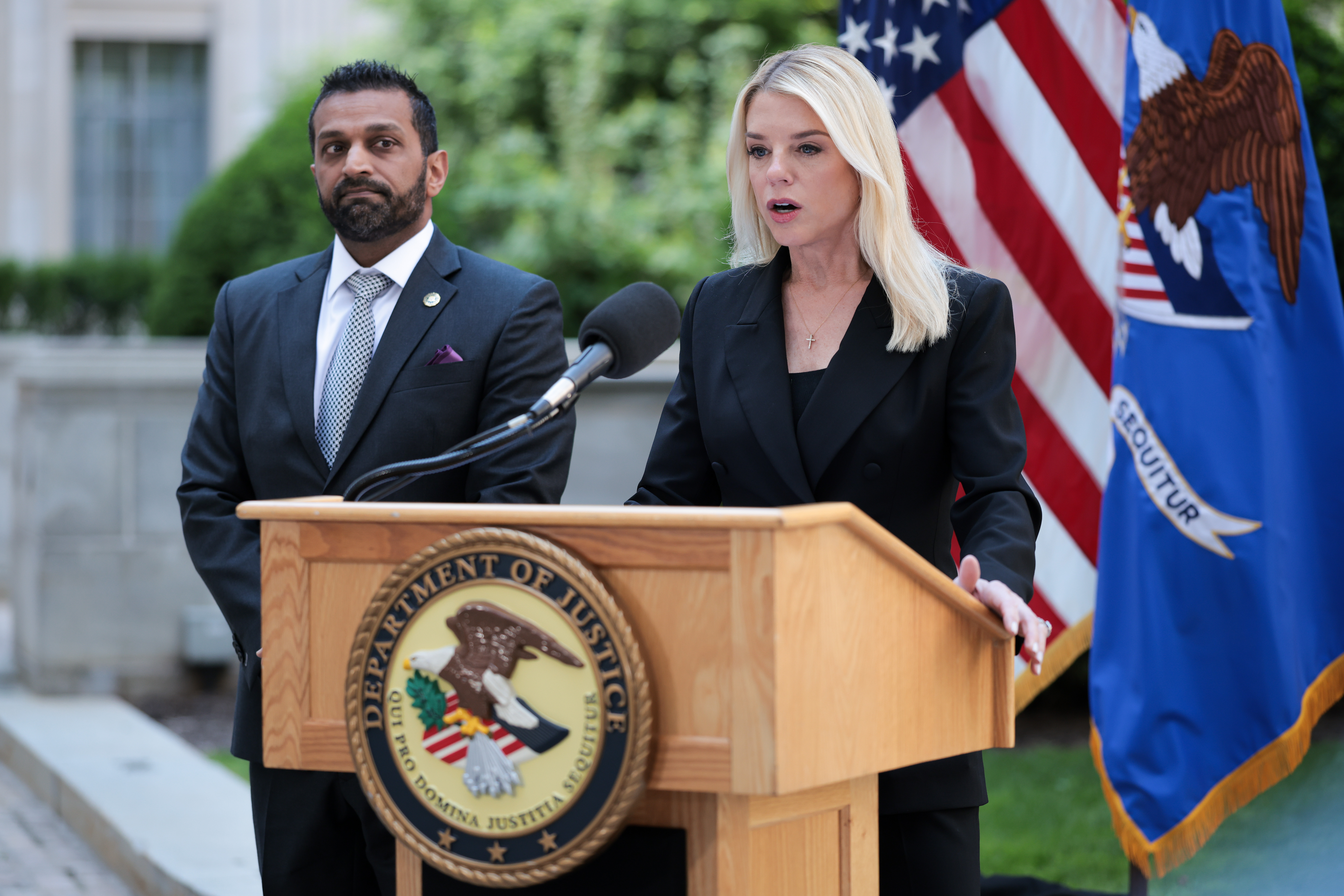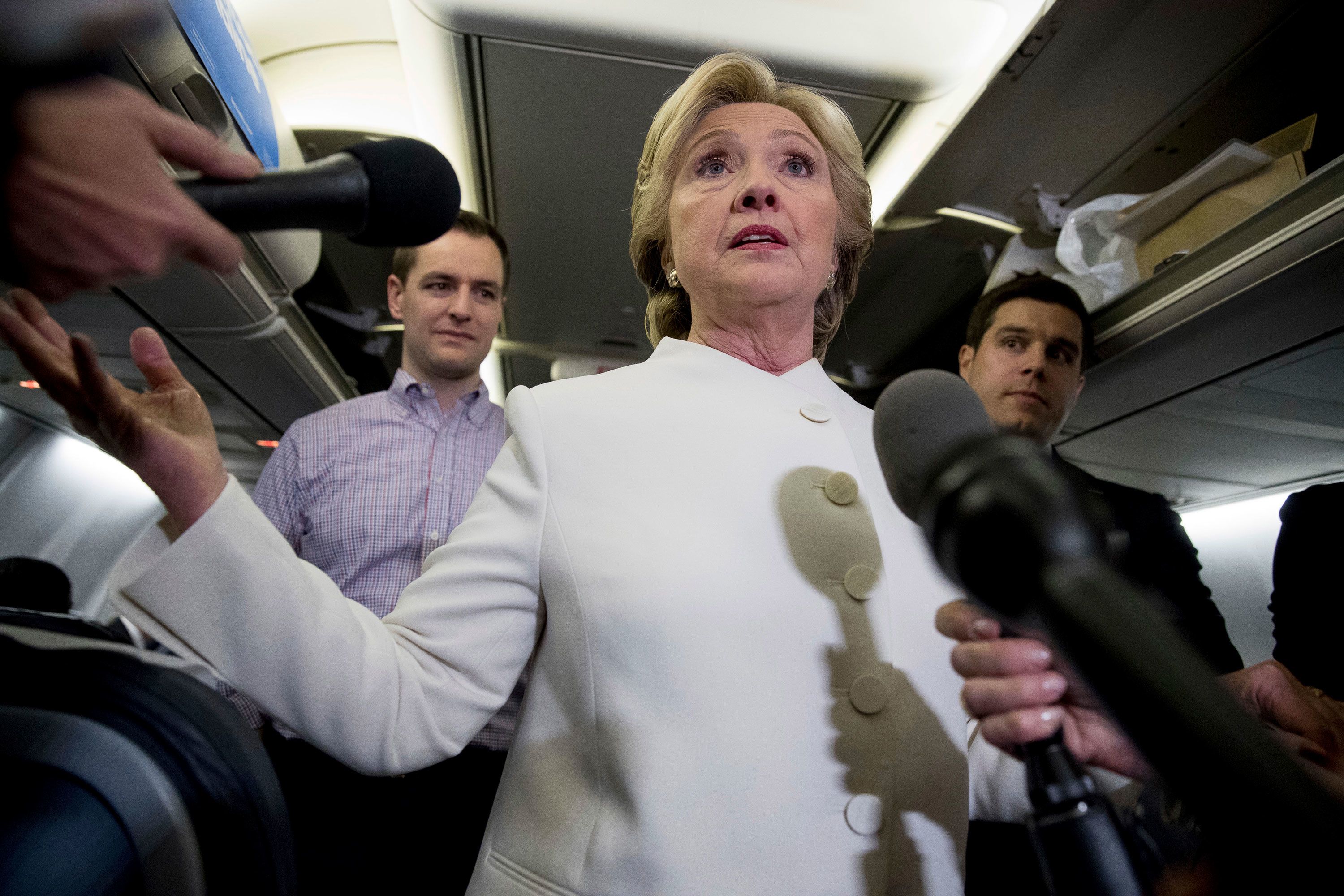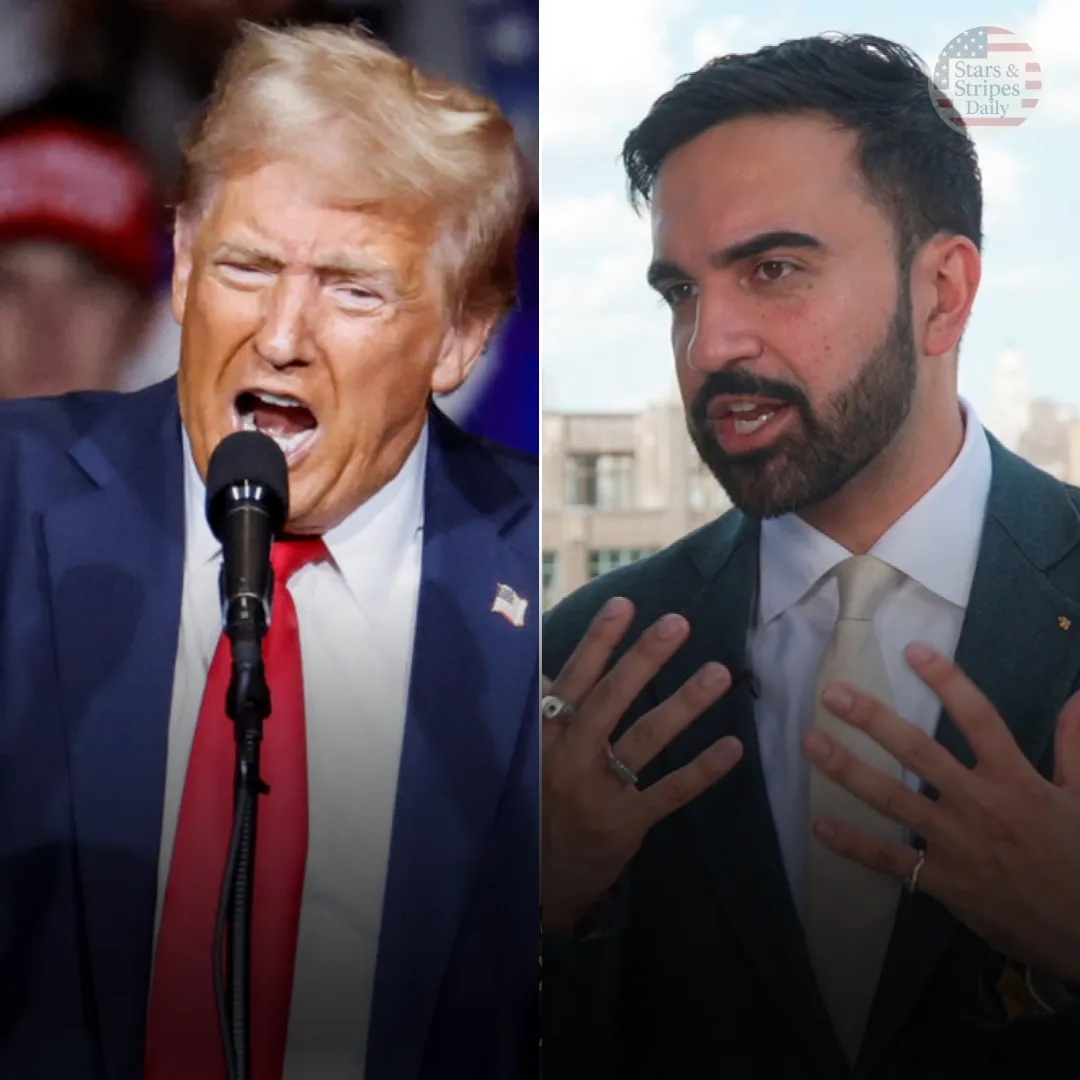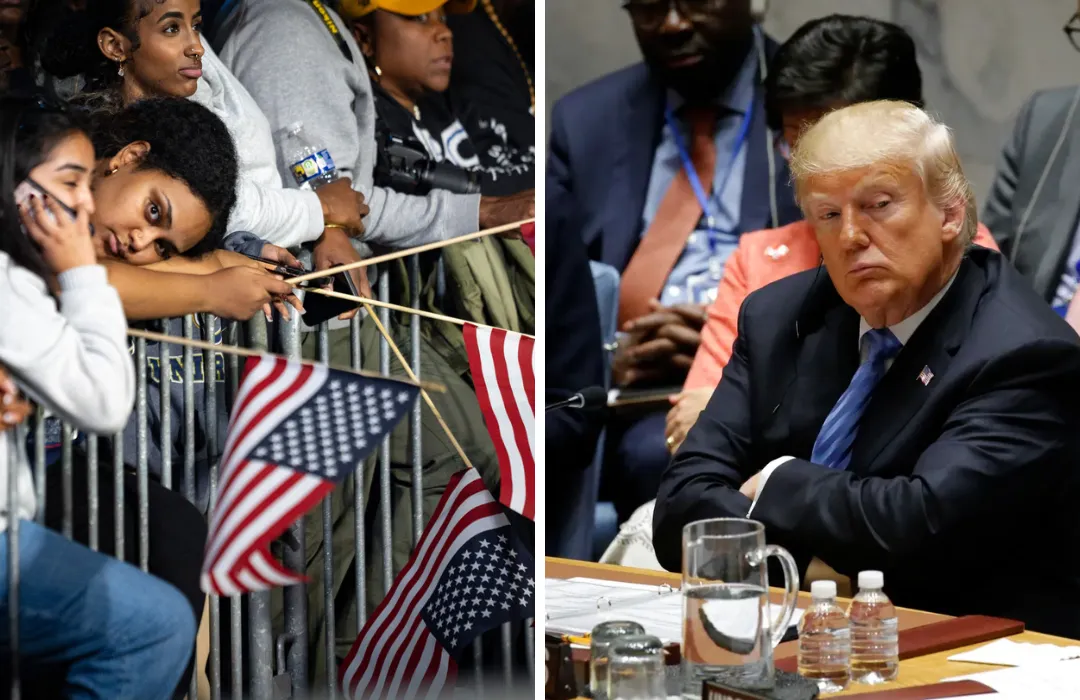A fresh wave of declassified documents has reignited debate over one of the most contentious chapters in modern American politics: the 2016 Russia collusion narrative.
The files, unveiled at the request of congressional leaders and declassified by U.S. intelligence officials, appear to show that Hillary Clinton not only knew of but actively approved a campaign plan to “smear” then-candidate Donald Trump by tying him to Russian President Vladimir Putin.
For Trump, who has long called the Russia story a politically motivated hoax, the revelations represent vindication. For Democrats, the disclosures present a significant challenge, raising questions about the conduct of both Clinton’s campaign and the Obama administration’s intelligence agencies.
Among the newly released files is a memo describing how Clinton signed off on a proposal by one of her foreign policy advisors, Julianne Smith.
The strategy called for “raising the theme of Putin’s support for Trump” while steering public opinion toward conflating genuine cyber intrusion concerns with Trump’s supposed ties to Moscow.
The memo is striking in its clarity: Clinton “approved a plan to smear Donald Trump by magnifying the scandal tied to the intrusion by the Russian special services in the pre-election process.”
The strategy was not just rhetorical. According to the documents, it was intended to distract from Clinton’s own growing scandal over her use of a private email server. By casting Trump as a Russian asset, Clinton’s team sought to shift focus away from her vulnerabilities.
The revelations stem from Special Counsel John Durham’s years-long investigation into intelligence operations surrounding the 2016 election. Durham uncovered evidence that the FBI and CIA had access to reports suggesting the Trump-Russia narrative was politically manufactured, yet chose to pursue the investigation anyway.

At the request of Senator Chuck Grassley, FBI Director Kash Patel, Attorney General Pam Bondi, and other senior officials authorized the declassification of critical files from the Durham probe.
“These intelligence reports and related records, whether true or false, were buried for years,” Grassley said. “History will show that the Obama and Biden administrations’ law enforcement and intelligence agencies were weaponized against President Trump.”
Perhaps most explosive are claims of coordination between Clinton’s campaign and senior Obama administration officials. Paul Sperry of Real Clear Investigations reported that sources confirmed the existence of texts and emails tying Clinton aides to the White House, the National Security Council, and State Department officials.
These communications allegedly demonstrate efforts to “dig up dirt” connecting Trump to Putin in the summer of 2016 — despite intelligence assessments at the time concluding Russia had not successfully interfered with election infrastructure.
One declassified memo briefed to then-President Barack Obama stated directly: “Russian and criminal actors did not impact recent US election results by conducting malicious cyber activities against election infrastructure.”
The memo went further, asserting that criminal activities “failed to reach the scale and sophistication necessary to change election outcomes.”
Critics of the Clinton campaign point to the infamous Steele Dossier as the most visible product of this effort. Compiled by former British spy Christopher Steele, the dossier contained salacious and unverified allegations about Trump’s ties to Russia.
It became a cornerstone of the FBI’s Crossfire Hurricane investigation — despite being funded in part by the Clinton campaign and Democratic National Committee.

Durham’s findings, combined with the new declassifications, suggest that the dossier was not an isolated intelligence failure but part of a broader strategy conceived at the highest levels of the Clinton campaign.
The new disclosures have intensified calls for accountability among former intelligence officials. FBI Director James Comey and CIA Director John Brennan are once again under scrutiny for their roles in advancing the Trump-Russia investigation despite evidence suggesting it was politically driven.
FBI officials are reportedly preparing groundwork for possible criminal inquiries into Brennan, Comey, and others who oversaw Crossfire Hurricane. The probe, critics argue, relied on shaky intelligence while disregarding warnings that the Clinton campaign was deliberately manufacturing a false narrative.
For Trump and his allies, this development bolsters the long-standing argument that the intelligence community was “weaponized” against him from the start.
The political implications are massive. Trump has consistently maintained that the Russia collusion story was a hoax designed to undermine his presidency.
The declassified memos not only support that claim but also suggest a level of coordination between Clinton’s campaign and Obama-era officials that goes beyond mere political mudslinging.
“Earlier reports said Russia swung the election. Now we see the truth,” one Trump ally said. “This was a political operation run out of Clinton’s campaign and tolerated — maybe even encouraged — by the highest levels of the Obama administration.
Democrats, meanwhile, are scrambling to respond. While some dismiss the revelations as recycled conspiracy theories, others worry that the declassified files present undeniable evidence of misconduct.

Hillary Clinton has so far remained silent on the specifics of the memos. But her defenders argue that raising questions about Trump’s Russia ties was justified at the time, given Trump’s public statements praising Putin and calling for better relations with Moscow.
Still, the documents’ blunt language — particularly the acknowledgment that Clinton approved a smear plan — has made it harder for Democrats to dismiss the allegations as partisan spin.
The revelations also highlight how non-governmental organizations and major media outlets played into the narrative. Conservative commentators argue that NGOs funded by Democratic donors amplified the Trump-Russia story, while mainstream media outlets gave it constant coverage despite lacking corroboration.
A Daily Wire op-ed captured this sentiment: “Until now, the worst-case scenario for smugglers or cartels was temporary detention. NGOs and Democrat-backed groups would rush to intervene. But with this, there was no chance for them to play their usual role.”
Although the op-ed was referencing Trump’s military strike on cartels, the broader point resonates: partisan actors and media narratives played crucial roles in shaping public perceptions, regardless of the underlying truth.
The declassification also has implications for America’s global image. Allies who once took U.S. warnings about Russian election interference at face value may now question the integrity of American intelligence operations.
Critics argue that using foreign policy and intelligence tools for domestic political gain undermines U.S. credibility on the world stage.
At the same time, adversaries like Russia and China are likely to use the disclosures as propaganda, framing the U.S. as hypocritical for lecturing other nations on election integrity.
Many observers believe this is shaping up to be one of the most significant political scandals in modern history. Not only does it involve a presidential campaign, but it also touches on the highest levels of government, intelligence, and law enforcement.
“This is bigger than Watergate,” one Republican lawmaker argued. “Watergate was about a burglary. This was about weaponizing the intelligence community against a political opponent.”
Grassley echoed that view, calling it “one of the biggest political scandals and cover-ups in American history.”
The declassification of memos linking Hillary Clinton to an approved smear campaign against Donald Trump has changed the narrative surrounding the 2016 election.
What was once dismissed as conspiracy theory is now backed by government documents, Durham’s findings, and reports of texts and emails linking Clinton aides to Obama administration officials.
For Trump, the revelations are vindication. For Democrats, they are a political liability with potentially historic consequences. And for the American public, they represent another chapter in the ongoing struggle to restore trust in institutions that have been weaponized for partisan ends.
The scandal is far from over. With investigations into Comey, Brennan, and others still unfolding, and with the Supreme Court potentially asked to weigh in on questions of executive overreach, the next months may bring even more explosive revelations.
What is already clear is that the Russia collusion narrative was not merely a political controversy but a deliberate strategy — one that has now been exposed in black and white.





